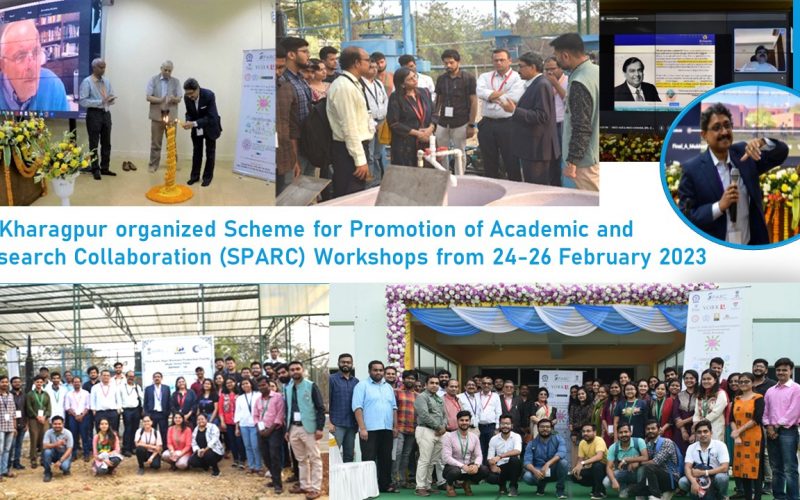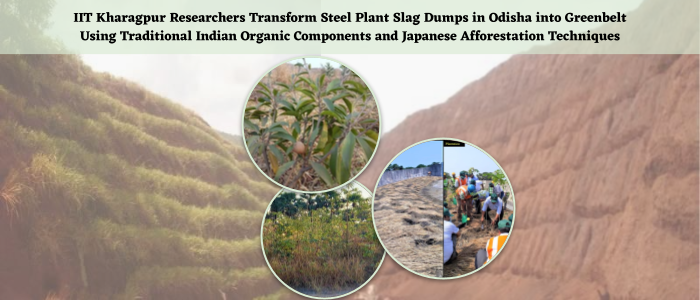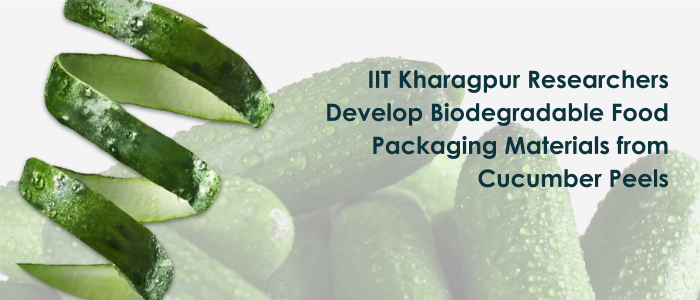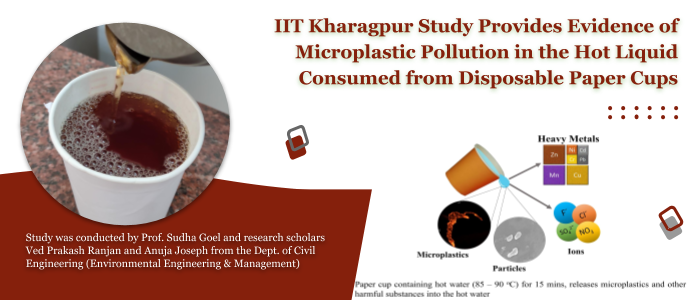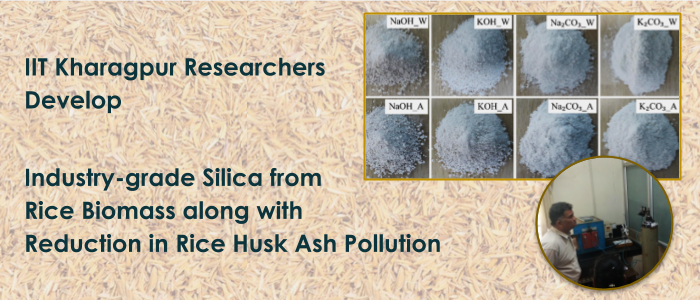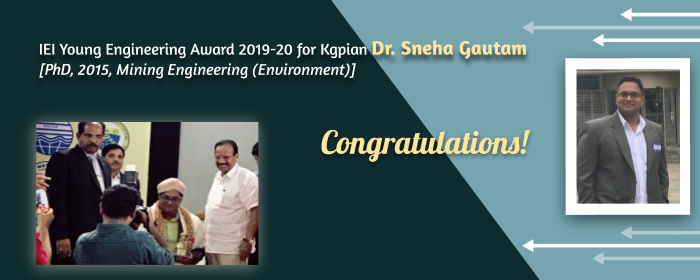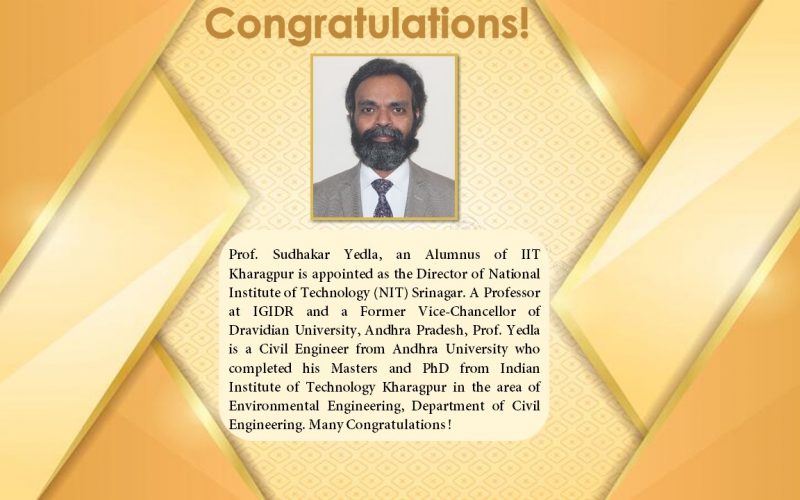
Prof. Sudhakar Yedla, Alumnus of IIT Kharagpur is appointed as the Director of NIT Srinagar
Prof. Sudhakar Yedla, an Alumnus of IIT Kharagpur (1996/M.Tech/AG/2000/PhD CE) is appointed as the Director of the National Institute of Technology (NIT) Srinagar. A Professor at IGIDR and a Former Vice-Chancellor of Dravidian University, Kuppam, Andhra Pradesh, India, Prof Yedla is a Civil Engineering graduate from Andhra University who completed his Masters and PhD from Indian Institute of Technology Kharagpur in the area of Environmental Engineering, Department of Civil Engineering. Joined IGIDR in 1999, Prof. Yedla is a Civil Engineer with Masters and PhD in Environmental Engineering from IIT Kharagpur. He is also trained in Environmental Economics and Development Policy…

